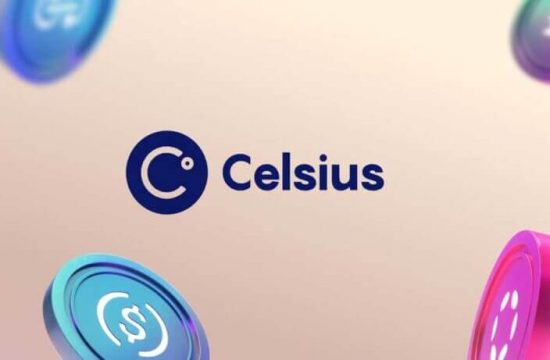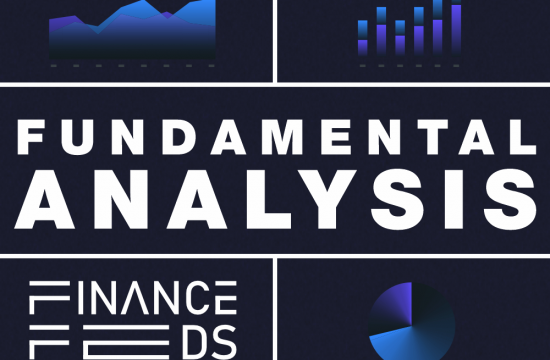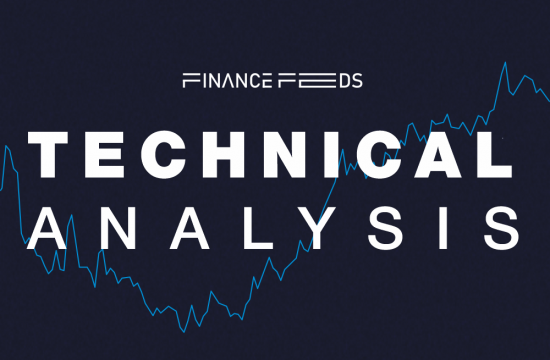Over the last few years, Apple and Google are putting more power into the hands of users by enabling them to choose whether they want an app to follow them everywhere.

Earlier this month, Facebook aka Meta Platforms lost $251 billion in market cap after reporting poor quarterly earnings. Facebook lost half a million users during the quarter, the first-ever decline in its 18-year history. However, it’s only one part of the problem.
The social networking giant relies heavily on advertising for its revenue, which means collecting as much user data as possible. Over the last few years, Apple and Google are putting more power into the hands of users by enabling them to choose whether they want an app to follow them everywhere.
Google aims to eliminate third-party cookies from the Chrome browser by 2023. The search engine giant’s Federated Learning of Cohorts (FLoC) groups users with similar browsing behaviours into a cohort. It then shares only the cohort ID rather than the individual user IDs with advertisers.
Though both Apple and Google are talking about privacy, it’s worth pointing out that they both have mishandled user data in the past. Apple, yes THE Apple, was secretly allowing developers to listen to your private conversations with its Siri voice assistant. These companies can never fully stop tracking users. They’ll always find ways to collect your data.
You are in control of your personal data
If you’re like most Internet users, you’ve begun to realize the value of your personal data to advertisers. And you are often apprehensive of being followed online. According to a poll conducted by Pew Research Center, 72% of the American survey participants said they worry about being tracked online by advertisers.
Profila is a Switzerland-based zero-knowledge AdTech solution built on Cardano blockchain to offer you unparalleled privacy while still giving brands the necessary insights to run targeted and relevant ads.
If you share your data (of course, anonymously) with brands through the Profila app, you’ll receive compensation in exchange. The platform also rewards users for their interaction with ads. Brands receive more accurate feedback and direct insights from each individual, which enable them to provide a more personalized ad experience.
Its Zero Knowledge Advertising (ZKA) system consists of a privacy-first marketplace where you, the user, get to post anonymized “personas” that allow for both parties (brands and users) to discover one another. You stay anonymous until you and the brand have agreed to the terms of your interaction. After that, it’s up to you whether and how to share their data.
Innovation in AdTech
The current AdTech industry builds user profiles based on the browsing history of the user, location, and a few other factors. However, these profiles have proven to be inaccurate, leading to a wastage of money.
For instance, JPMorgan Chase used to advertise on 400,000 websites a month. When they reduced the number of websites by approximately 99% to just 5,000, the results were the same as advertising on 400,000 websites. It means they were wasting money on the other 395,000 websites due to inaccurate or low-quality data.
Profila’s Zero Knowledge Advertising (ZKA) system leverages self-declared information by users. This implies strong guarantees that ads are aligned with their preferences. The platform rewards users with its Zero Knowledge Token (ZKT) for building up accurate digital profiles of themselves, and for keeping it up to date.
Brave browser blocks third-party cookies and is obsessed with preserving users’ privacy. It rewards users with its Basic Attention Token (BAT) for their attention. Advertisers, on the other hand, get to deliver highly targeted ads to maximize engagement and cut unnecessary spending.
While Brave’s solution is helping users protect their personal data and be rewarded for their attention, it still has some limitations. The Brave browser operates like a walled garden, limiting the scope of its operations.
Brave and Profila are two privacy-preserving solutions that are making an impact. They both provide individual privacy management and zero-knowledge advertising solutions. However, Profila claims superiority because it also offers data management and marketplaces, as well as customer relationships management (CRM).
Closing thoughts
As users become increasingly concerned about their online privacy, it’s important for the AdTech solutions to respect users’ wishes and ensure their data remains anonymous. Regulators are also pushing further in the direction of privacy.
Advertising is not going anywhere. But in the post-cookie world, solutions like Profila are here to treat users exactly the way they want to be treated while still making it possible for brands to run targeted and high ROI ads without having to track their target prospects’ every online activity.










